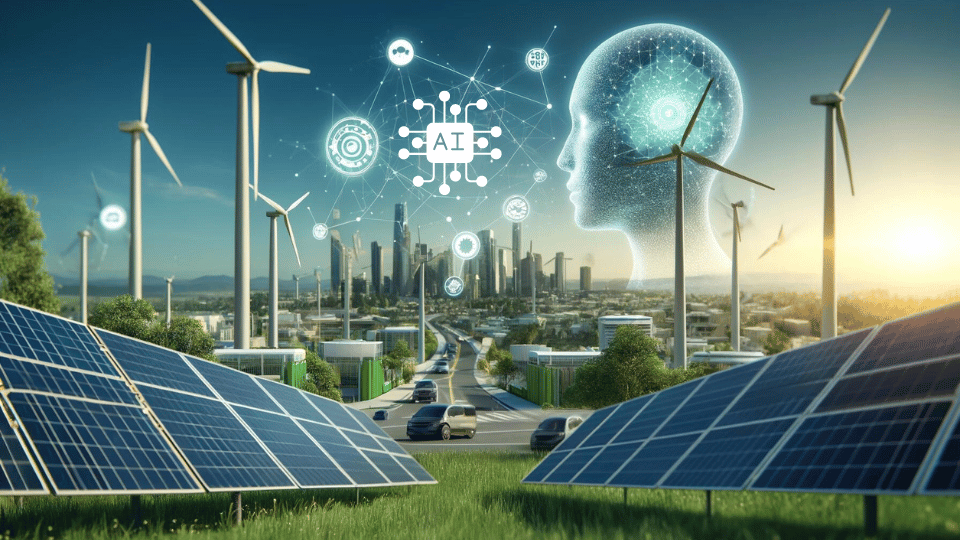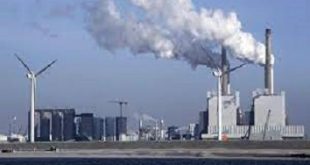Known for its extensive history, vibrant culture, and political accomplishments around the world, France is currently grabbing attention for its audacious attempts to take the lead in sustainable development and renewable energy. France is establishing itself as a leader in the green revolution, setting an example for other countries with its creative ways and ambitious ambitions as the globe struggles with the pressing need to address climate change.
A Resolve to Achieve Carbon Neutrality
The ambitious goal of France is to become carbon neutral by 2050. The “Multiannual Energy Plan” (PPE) and the “Climate and Resilience Law,” which set forth the guidelines for cutting greenhouse gas emissions and moving towards a low-carbon economy, both codify this objective. By 2022, the PPE seeks to phase out coal, raise the proportion of renewable energy in the energy mix, and encourage energy efficiency in a range of industries.
France is concentrating on employing a mix of renewable energy sources, such as wind, solar, hydroelectric, and nuclear power, to reach these aims. The nation’s strategy demonstrates its dedication to strengthening energy security and lowering its dependency on fossil fuels.
Wind Energy: An Expanding Power
A key component of France’s renewable energy policy is wind energy. The nation’s ability to generate wind power has increased significantly, with both onshore and offshore projects playing a vital role. Numerous significant wind farms may be found in France, one of the biggest offshore wind farms in Europe being the Saint-Nazaire Offshore Wind Farm.
By 2050, the French government wants to boost offshore wind capacity to 40 gigawatts (GW). This audacious objective highlights the nation’s dedication to using wind energy as a crucial part of its energy transition. In addition to lowering carbon emissions, the construction of wind energy infrastructure boosts employment and the local economy in coastal areas.

Growth of Solar Energy
Another major development in France’s renewable energy environment is solar energy. To increase the installed capacity of solar panels, the nation has been making significant investments in solar photovoltaic (PV) technology. In order to promote the use of solar energy, France has implemented a number of policies and programs, including subsidies for both commercial and residential installations.
The “France Relance” plan is one noteworthy project that calls for increasing solar energy capacity as part of a larger economic recovery plan. The proposal is to increase solar energy production and decrease reliance on conventional energy sources by installing solar panels on public buildings, vacant land, and rooftops.
Hydroelectric Power: Its Function
France has always relied on hydroelectric power as a dependable, low-carbon source of electricity. France has a large number of hydroelectric plants, and the country’s government is committed to keeping these facilities up to date and efficient.
There is increasing interest in creating micro- and small-scale hydropower plants in addition to traditional hydroelectric facilities. These initiatives seek to minimise their negative effects on the environment while maximising the potential of smaller watercourses to provide regional energy demands.
Nuclear Energy’s Future
France’s energy policy continues to heavily rely on nuclear energy. The nation produces a significant amount of its electricity from nuclear reactors, making it one of the top producers of nuclear power worldwide. Although nuclear energy offers a low-carbon electrical source, waste management and public safety are two issues that come with it.
France is taking a balanced approach to nuclear power, investing in cutting-edge reactor technology while progressively lowering the amount of nuclear energy in the country’s electrical mix. The government is investigating next-generation reactor options, namely small modular reactors (SMRs), which provide increased efficiency and safety over conventional designs.
Sustainable Development and Energy Efficiency
A key element of France’s plan to cut greenhouse gas emissions is energy efficiency. The nation has put in place a number of initiatives to increase building, transportation, and industrial energy efficiency. The “Energy Transition Law” encourages energy-efficient improvements for both business and residential buildings, such as more effective heating systems and improved insulation.
France is making investments in the development of electric vehicles (EVs) and the growth of the infrastructure necessary for EV charging in the transportation industry. The government is offering incentives to businesses and people to embrace cleaner transportation options, and it has set aggressive goals to increase the number of electric vehicles on the road.
Waste Management and the Circular Economy
Additionally, France is actively advancing the circular economy, which emphasises resource efficiency and waste reduction. The nation has enacted laws to promote material reuse, increase recycling rates, and lessen the amount of plastic trash produced.
The “Anti-Waste Law for a Circular Economy,” which aims to improve recycling and decrease trash output, is one such project. The law includes provisions to encourage product repair and reuse, outlaw single-use plastics, and enhance packaging design. France hopes to lessen its environmental impact and encourage sustainable consumption habits by promoting a circular economy.





